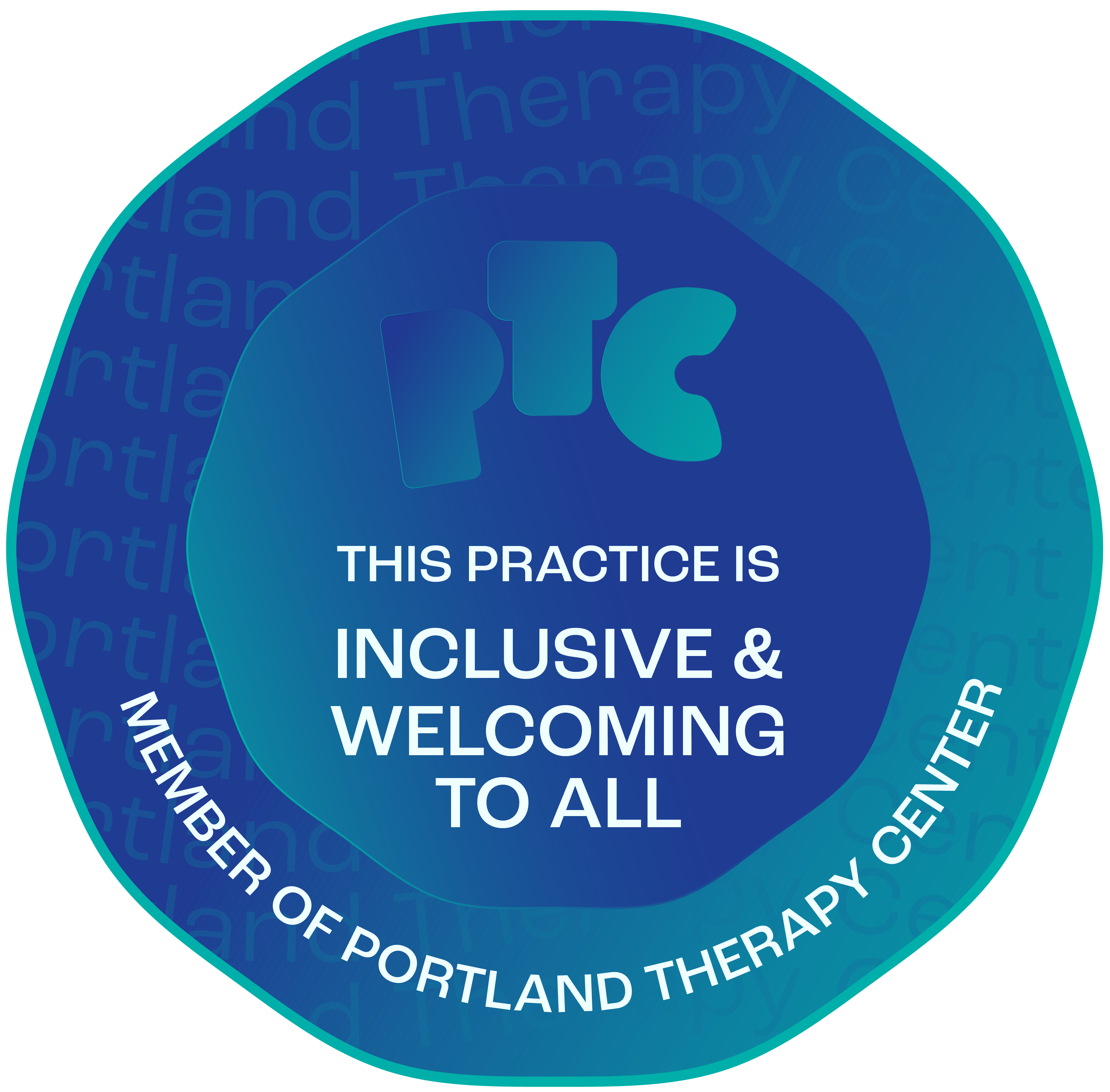“If you can see your path laid out in front of you step by step, you know it's not your path. Your own path you make with every step you take. That's why it's your path.”
― Joseph Campbell
Have you heard the term quarter-life crisis ? The awareness of this faucet of the unfolding of an individual, or individuation, has gained increased interest, especially after the publication of Depth Psychotherapist Satya Doyle Byock’s 2022 book, Quarterlife: The Search for Self in Early Adulthood.
For many people in their 20s and 30s, this time of life can feel like a maze: Who am I becoming? What am I doing with my life? Why do I feel so lost when I’m “supposed” to be excited about the future?
While the quarter-life period often involves exciting firsts—graduating, entering the workforce, moving, falling in love—it also brings profound challenges. Emerging adults are tasked with forming an identity, navigating relationships, establishing independence, and making choices that shape the rest of their lives. All of this happens against the backdrop of a complex world filled with economic, environmental, and social uncertainty.
Not Just a “Phase”: The Psychological Weight of Early Adulthood
These struggles aren’t just “growing pains.” They can bring real emotional distress—depression, anxiety, a sense of failure, or disorientation. Questions like “What’s wrong with me?” or “Why can’t I figure it out like everyone else?” often mask a deeper process: the psyche’s need to be seen, heard, and supported through transition. This sense of disorientation and distress can be more then symptoms of mental health, but a guidepost or calling for further self development and unfolding.
In depth therapy, we understand this period not as a problem to be solved quickly, but as a developmental threshold. It’s a time of initiation—when one phase of life must be let go, and a new, unknown phase begins. Like in ancient rites of passage, it involves uncertainty, symbolic death, and eventual transformation.
Satya Doyle Byock emphasizes in her interview in SundayPaper that this stage is not merely a transitional phase but a distinct period of human development:
“Quarterlife is a distinct period of human development in need of its own road map and soulful guidance.”
She identifies four "pillars of growth" for emerging adults:
Separate: Distinguishing our values and desires from those of our parents or social norms.
Listen: Learning to trust ourselves and meet our own needs.
Build: Creating a life that's satisfying and meaningful to us.
Integrate: Making it routine, and reaping rewards.
Therapy Can Help
Make meaning of confusing emotions or life events
Reconnect with your inner voice—beyond family and cultural expectations
Explore identity and core values outside of performance or achievement
Work with dreams, symbols, and imagination to clarify what wants to emerge in your life
Tend to the “lost” or shadowed parts of yourself that need healing and integration
Byock also introduces the concept of two types of individuals during quarterlife: those who seek stability and those who seek meaning.
“The path to wholeness... is creating a fulfilling life that feels structured, organised and safe, but also full of meaning, intimacy…”
““If you can see your path laid out in front of you step by step, you know it’s not your path. Your own path you make with every step you take. That’s why it’s your path.””
Individuation: Becoming Who You Are
In Jungian terms, this is the beginning of the process of individuation—becoming who you truly are, rather than who you were told to be. Therapy supports this journey by providing a space where your story can unfold, deepen, and become more whole.
This isn’t about having everything figured out by age 30. It’s about learning how to live in relationship with your inner life—your hopes, fears, conflicts, and desires—and letting that relationship guide your choices in the outer world. Often times until this stage, we can be drawn to make choices based on forces outside of ourselves. Quarterlife is a time of turning inward, of finding our own path.
You’re Not Behind. You’re Becoming.
If you’re feeling stuck, anxious, or adrift in your 20s or early 30s, you’re not alone—and you’re not broken. You're at a threshold, and thresholds are sacred. Therapy offers a space to reflect, grieve, imagine, and reorient—so you can move forward with more clarity, authenticity, and self-trust.
As Jungian Analyst Marion Woodman wrote, “This is the beginning of a road whose end is totally unknown and totally known.”
If you're curious about working together, I’d be honored to support you during this powerful and vulnerable time.


